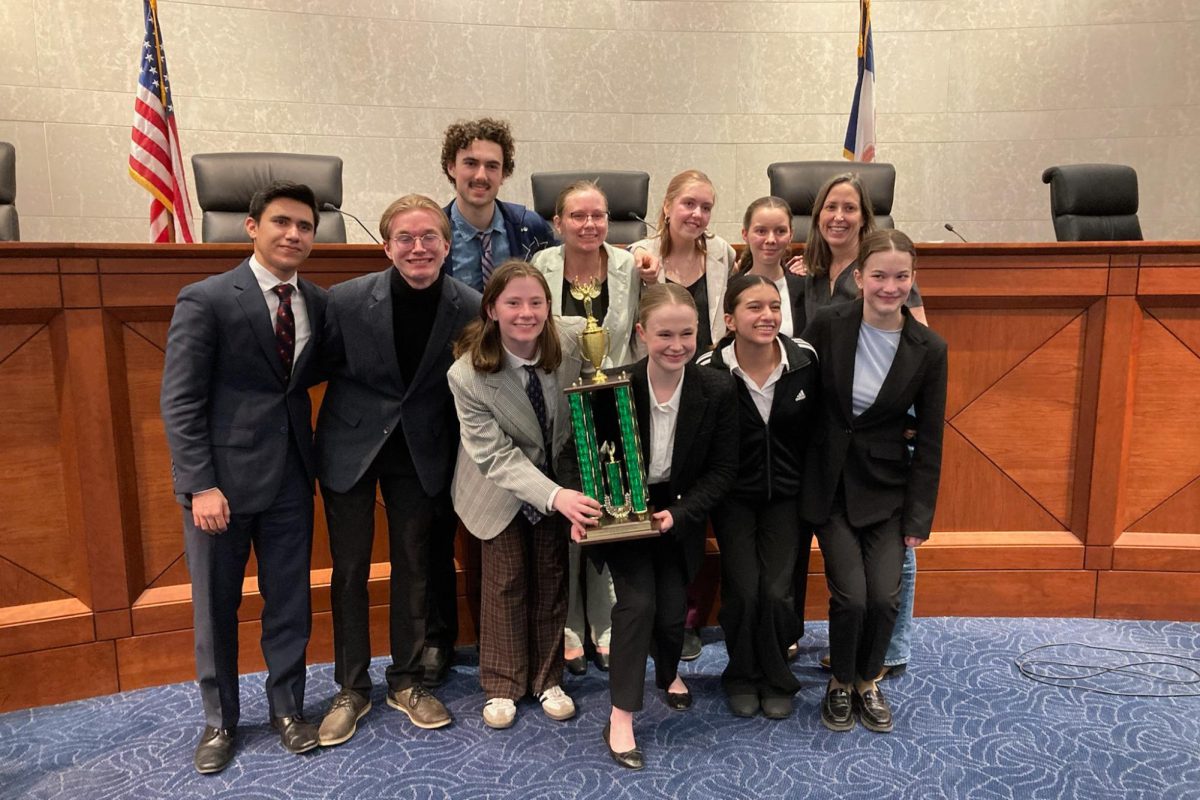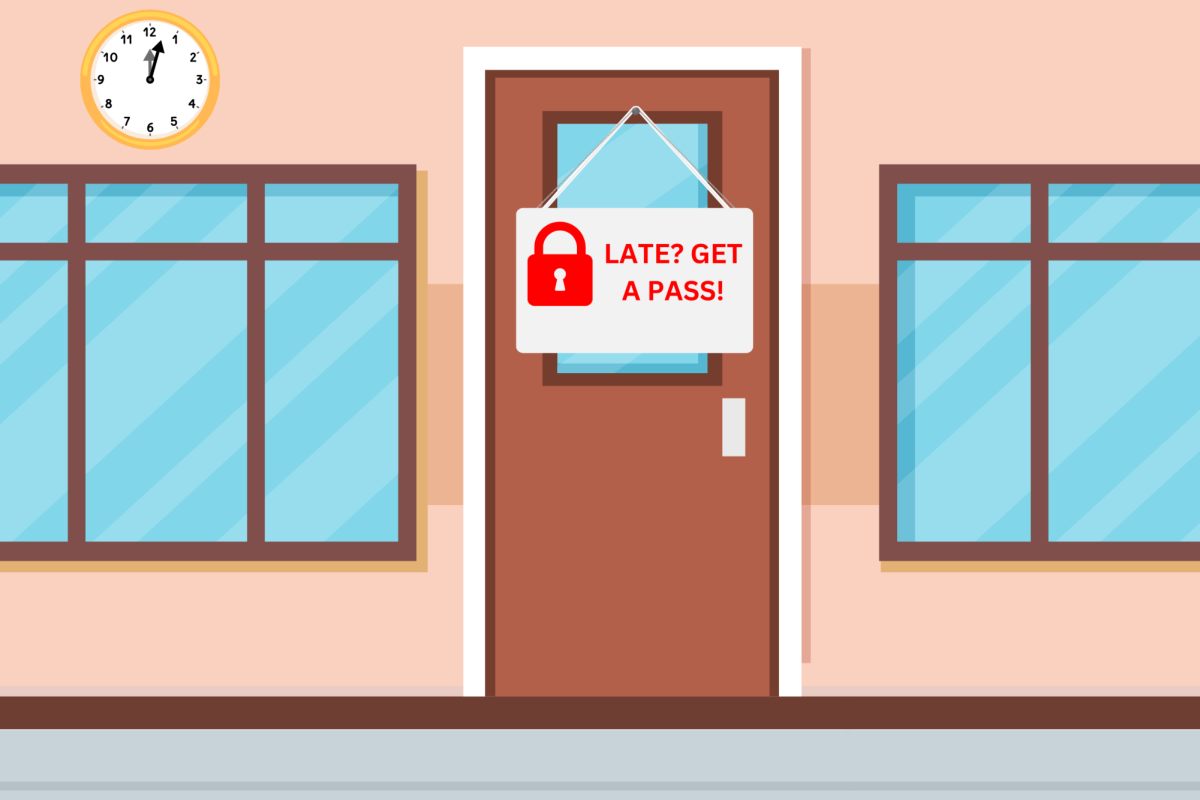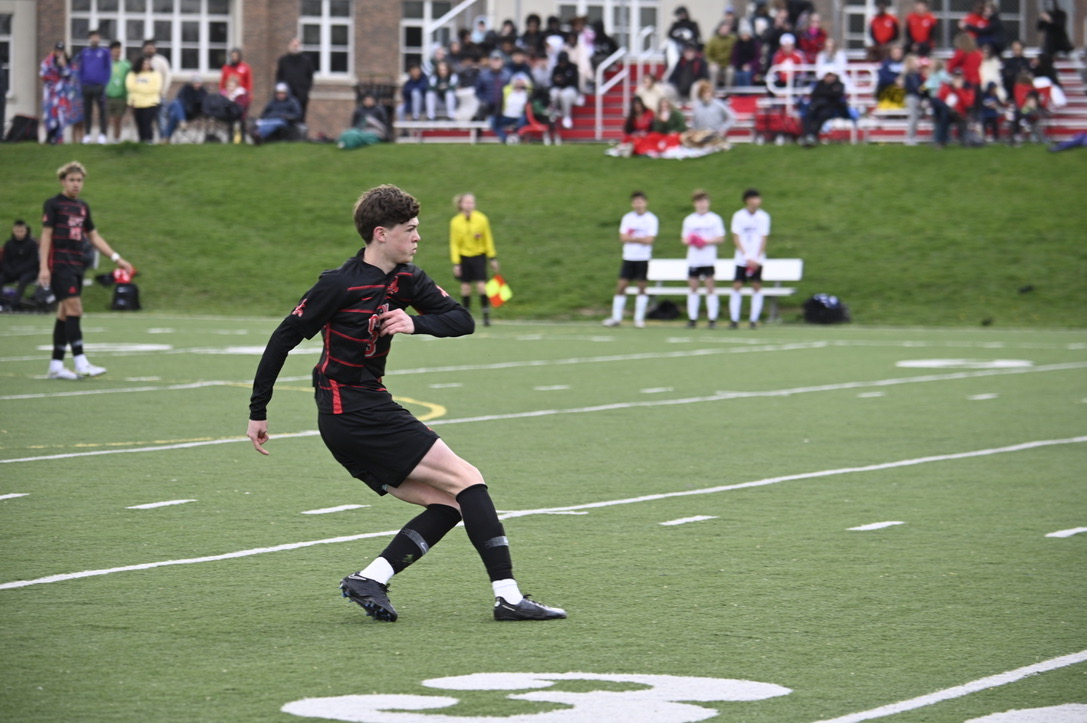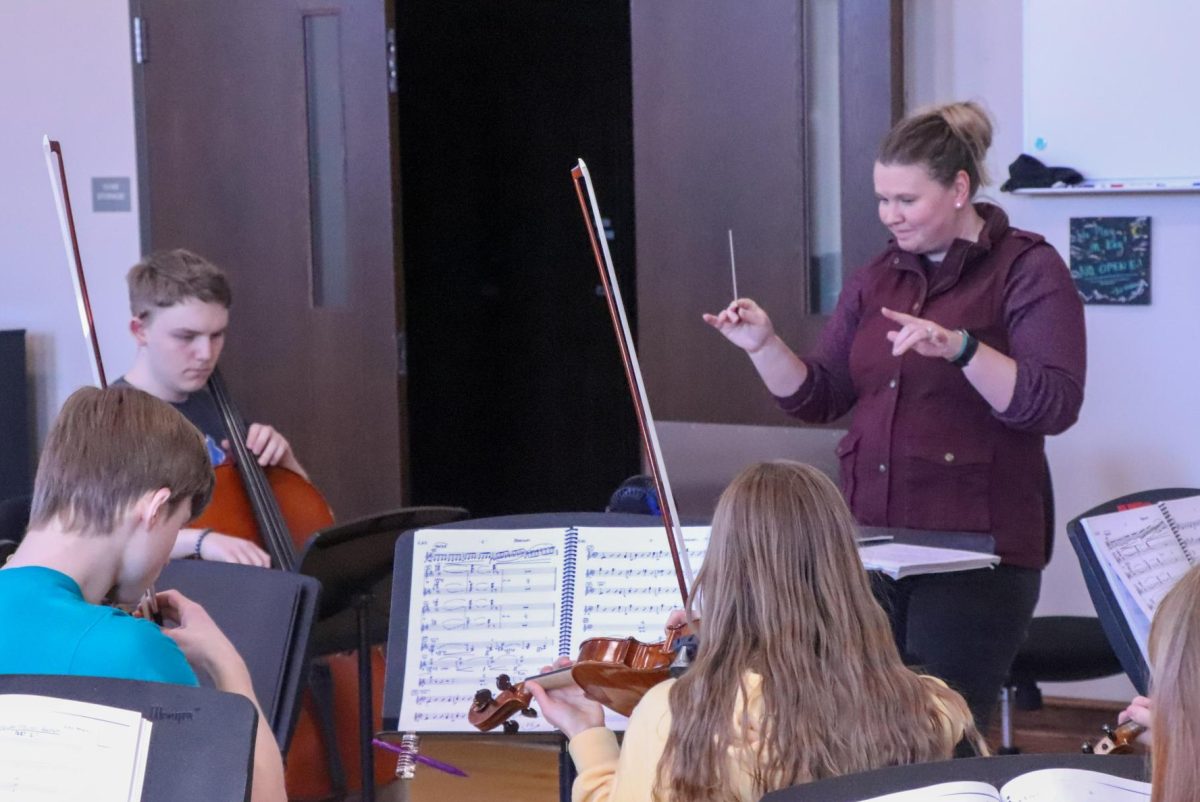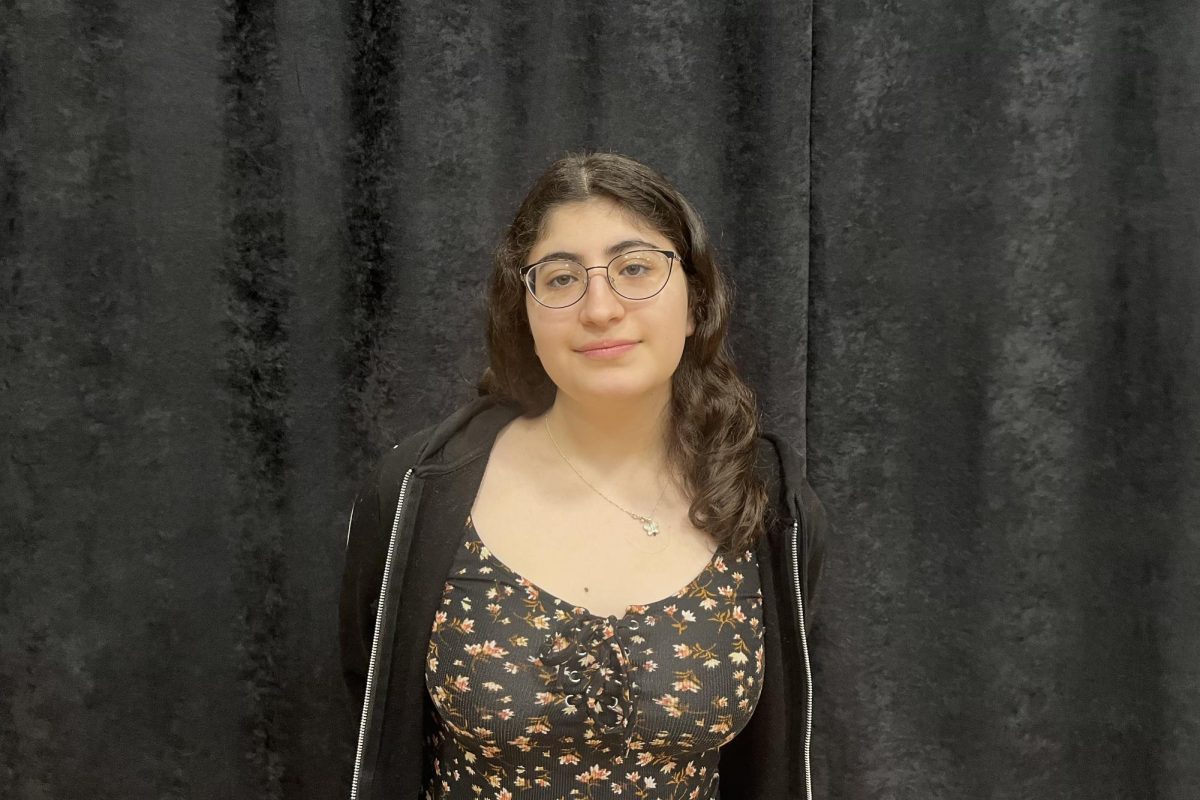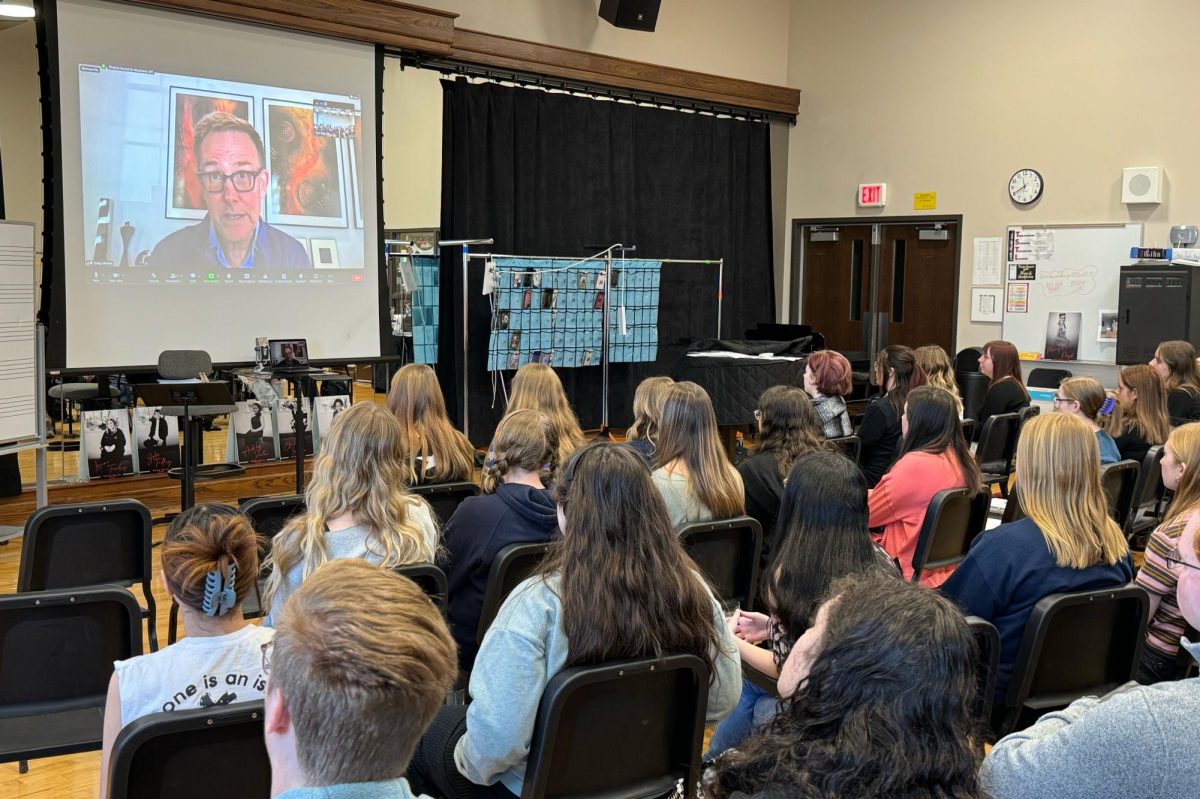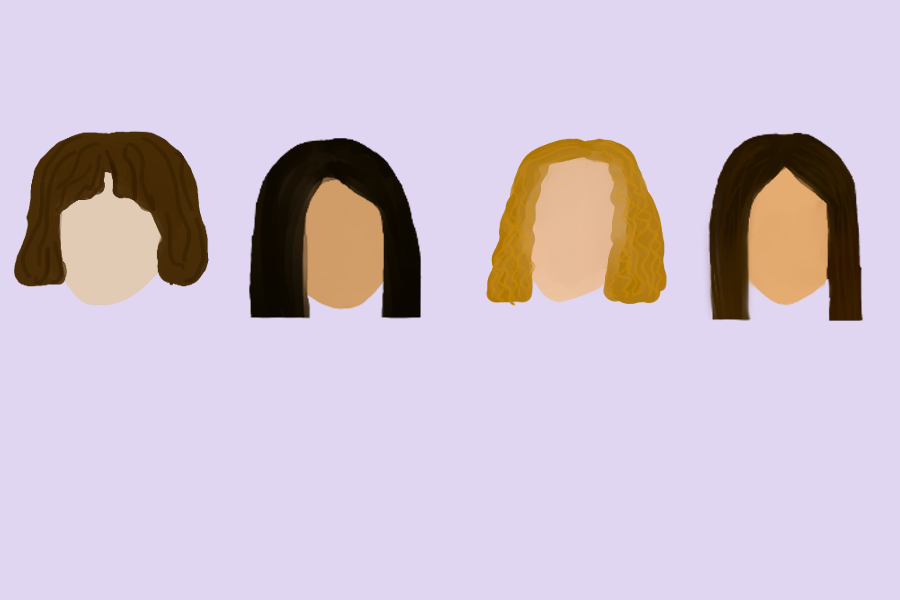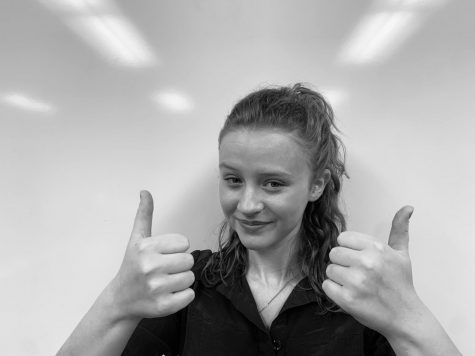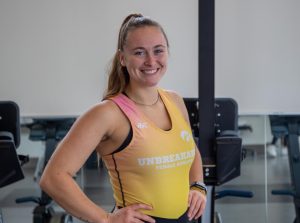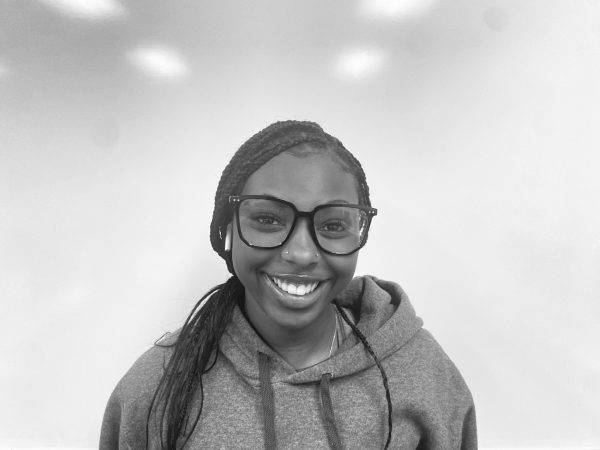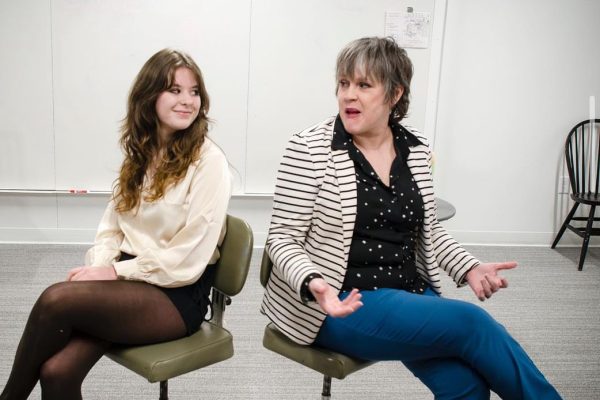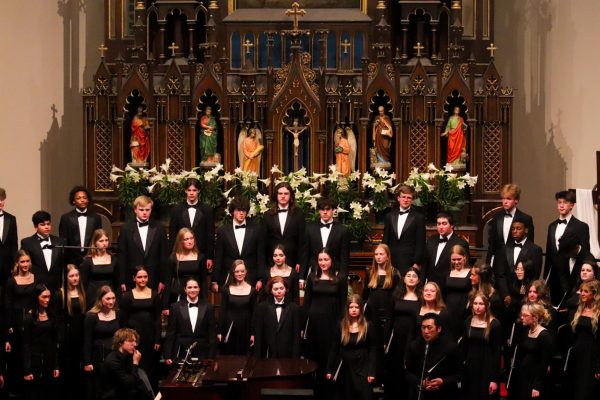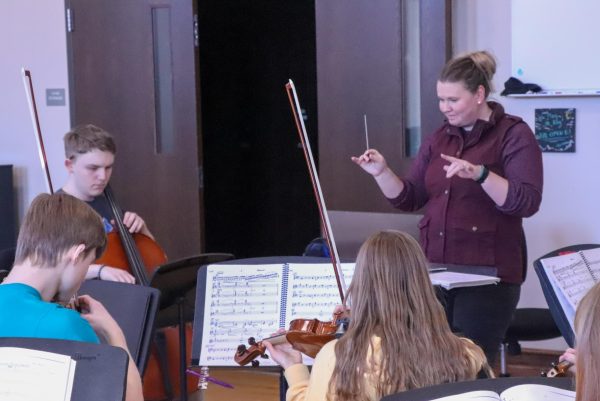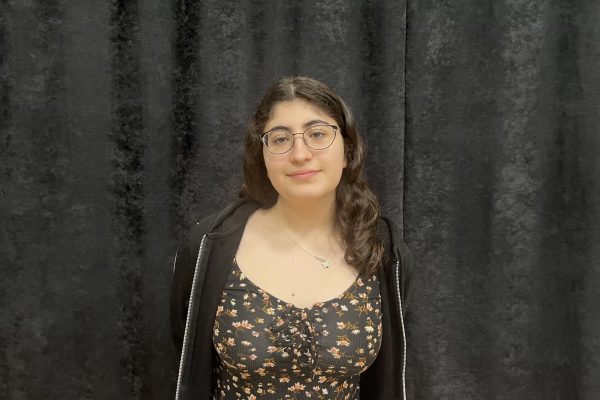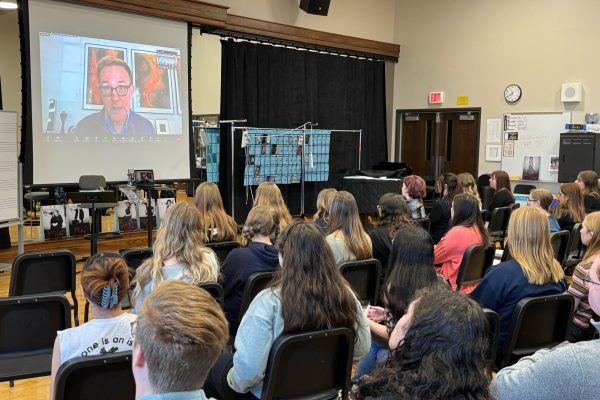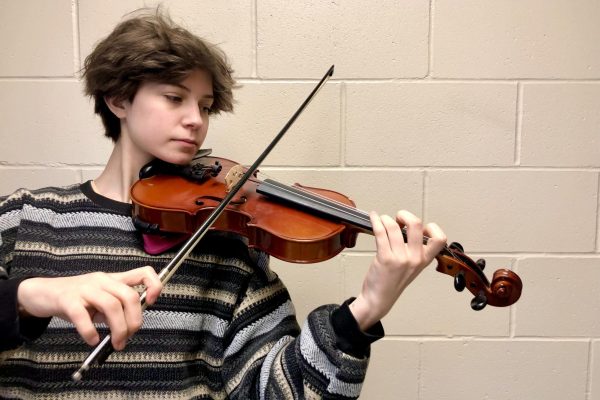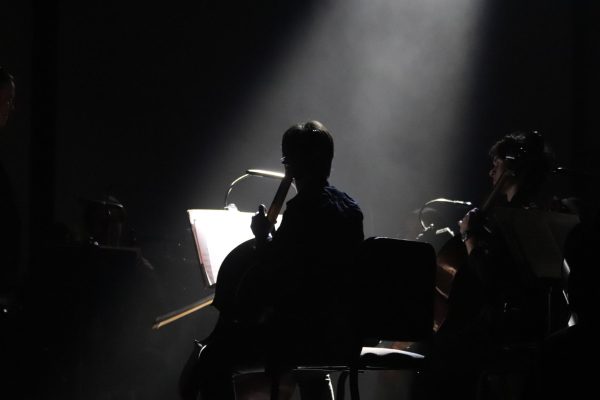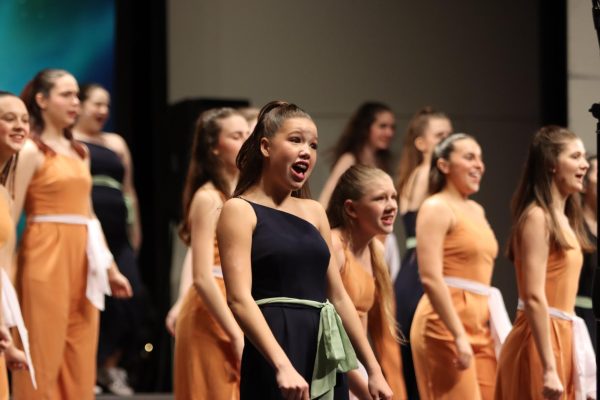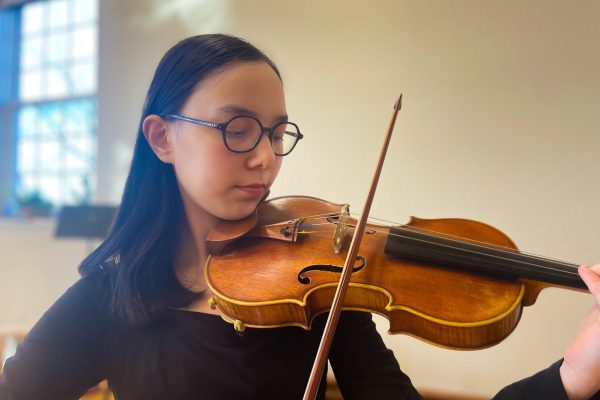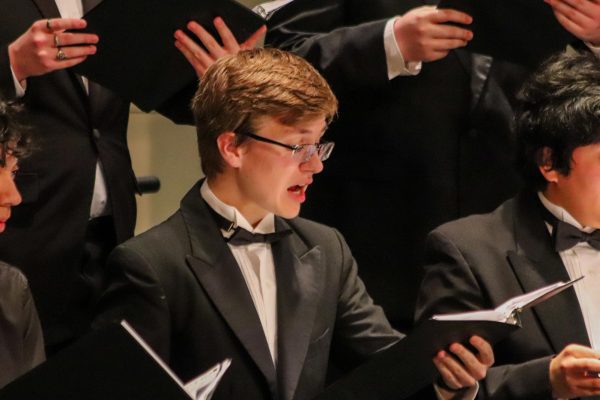Under the Circumstances
Little Women As Of Late: What You Need To Know
Meg, Jo, Beth, and Amy
December 18, 2020
Opstad Auditorium was foggy with a sense of disappointment. Actors were placed across the stage. A few sat in plastic chairs, their arms draped casually in their laps. Others stood further back, hands in their pockets. The Iowa City Community School District would be going online the next week, which meant theatre would be going back online as well. For many involved in Little Women, this could be their last chance to perform at City High. With unsure goodbyes and glances to the balcony, students left through the side doors, not knowing when or if they would return.
Many pieces went into the puzzle of the 2020 showing of Little Women. In order to keep production size down, the play is student-run and has a cast consisting of thirteen actors.
Tobey Epstein ‘21 is joined by Shoshanna Hemley ‘21 to form the directing team. Epstein and Hemley are cast within the show, taking roles as Jo March and John Brooke respectively. Lily VanderLinden ‘21 is tasked with the job of stage manager.
“I think having student directors is a great thing!” Thomazin Jury ‘21, who is cast as the youngest of the March sisters, commented. “The directors tend to have more insight on what their peers enjoy or what does and does work, they are naturally able to connect with their actors and tech on a more personal level, rehearsals are collaborative and fun, and having student input can provide fresh creative ideas with little monitoring.”
One of the leading factors in the collaborative aspect for the show is the small cast. Originally one of the selling points, COVID-19 made Little Women more appealing due to the story’s short list of characters.
“I’ve definitely found it easier to bond with your castmates when you are in a smaller cast,” Jury said. “Unfortunately, when you are in a cast of around 60 people, it is difficult to find time to get to know each and every single person, especially if they are in different scenes than you. Another thing I’ve enjoyed working with a small cast is that overall, rehearsals seem to be more manageable when you don’t have to worry about so many people in a room with varying schedules. One of the downsides, however, to a smaller cast is definitely that since there are only so many roles offered, there may be a lot of people that don’t make the cast list.”
Epstein pointed out that upperclassmen generally got the upper hand in auditions. He explained that even though there were many deserving students, the team in charge of casting wanted to ensure that seniors and juniors got a chance to perform ,or perform again, before graduation.
“We want everyone who wants to do theater to do theater,” Epstein said. “Sadly that just couldn’t happen this year. There were so many really good auditions that we had to turn down. The truth is, sometimes those auditions might have even overperformed some of the upperclassmen. Given the situation, we have to give upperclassmen their final chances at theater. The lower classes have their entire future in front of them at City High.”
Despite the countless challenges that this year’s production has proposed, the student-run team directing Little Women continues to find ways to rehearse. The way in which practice is held changes on a weekly basis. Students have rehearsed both on Zoom and on stage, even suspended completely for the length of the ICCSD waiver. Because of the lack of a stable set, Little Women has seen many changes, the biggest of which being the adaption of the original timeframe of the 1860s to modern retelling meant to create easier options for set and costuming. On top of the time difference, the production will be filmed instead of the usual live show.
“Because of [school going back online], we do not have access to the interior of the building, which means we do not have access to the costume shop, or the stage in Opstad. We were originally going to have a set built on the stage of Opstad, where we would do a large portion of our filming. But now it seems as if we might be online past these couple weeks of school. Obviously, we don’t know for sure, but that’s what we’re predicting,” Francesca Brown ‘21 explained. “Because of that, we have decided to modernize Little Women, and make it so that it takes place in the present day or close to [it]. We’ll have modern costumes and we’ll have more modern backgrounds for our scenes, which will make it a bit easier for us to find places to film. We can pretty much film it in any regular bedroom and any regular living room for those interior scenes.”
Another aspect of modernizing Little Women is the benefit it provides towards marketing the classic show towards a younger audience. Epstein was thrilled to think that a new generation could continue to enjoy the story.
“The truth is, when we finally kind of looked at it, modernizing the show solved more problems than it created, and it just really made sense. We thought that it might provide a little bit more incentive for our peers to want to see the show. People have seen the Little Women set in 1860. And the truth is, how motivated are people going to be to see it again, especially with some high school theater troupe doing it?” Epstein questioned. “But modernizing [the show], I think people are going to be interested in it. If we’re making lots of jokes and references to modern culture; people are going to enjoy that and I think people are going to be excited to go see it. At least, that’s what we hope. The fact that it’s new, not normal Little Women might provide, you know, some excitement to see the show again.”
Due to restrictions concerning the rights of Little Women, the script will remain. Despite this, Brown has hope that students will see how the original script can address more current issues when set in a modern era.
“Reading through the script, there are a lot of things that have to do with the historical period Little Women is normally set in, which is the 1860s, Civil War era,” Brown said. “But it is incredible, how much of that actually relates to what we’re going through now. In the show the, the Marches, they support ending slavery, and so our Marches would support racial equality now. Another thing we’re doing with the show is speaking more openly about the gender identity of Jo March, because when you read the script, we see a lot of very bold statements from Jo about how she wants to be a man. Now we can actually take that and run with it and include some gender diversity in our play. And I think that’s something really, really great.”
Brown pointed out that the script may cause confusion considering the modern twist the team has taken, but encourages viewers to keep an open mind regarding the differences between the dialogue and its surroundings.
“It will be different being set in the modern era,” Brown explained. “It might be weird to watch, because we have to keep the script the same. When you watch it, you’ll be hearing this language that would be used in the 1860s. But challenge yourself to think about how that can be applied now, and hopefully, we will do a good job of representing how that language is still applicable nowadays.”
Despite the jump to the future, Epstein believes that there are still many messages that can be taken into consideration from the original story, and is excited to see how students view the production.
“I think the friendships and relationships between the characters are going to transfer over really well from 1860 to 2020,” Epstein said. “I think people might be surprised to see when they see how well the show translates over to the modern era and how some of these character archetypes fit into certain archetypes today. We’re not just modernizing it to fix problems. These characters can be translated across history.”




